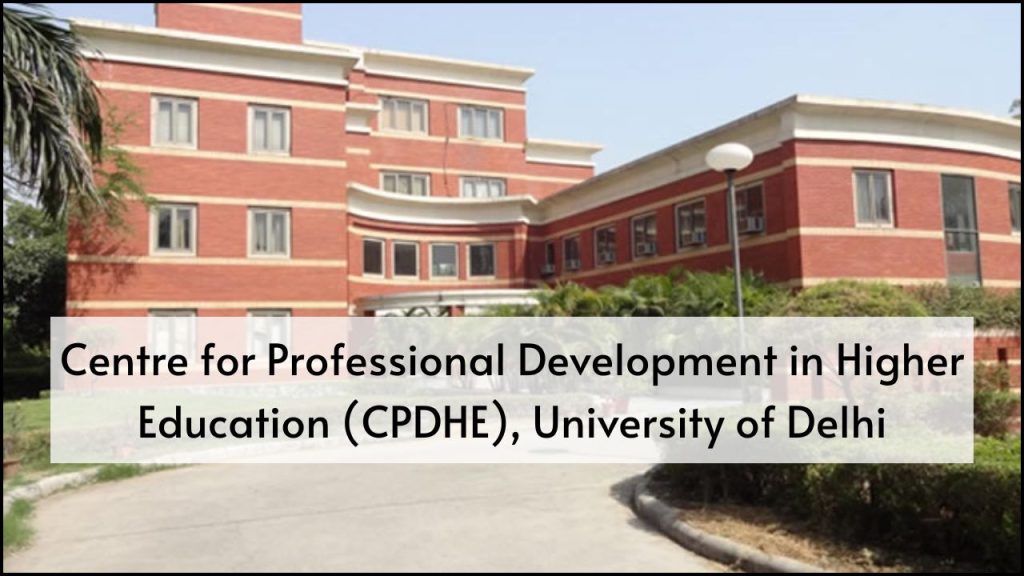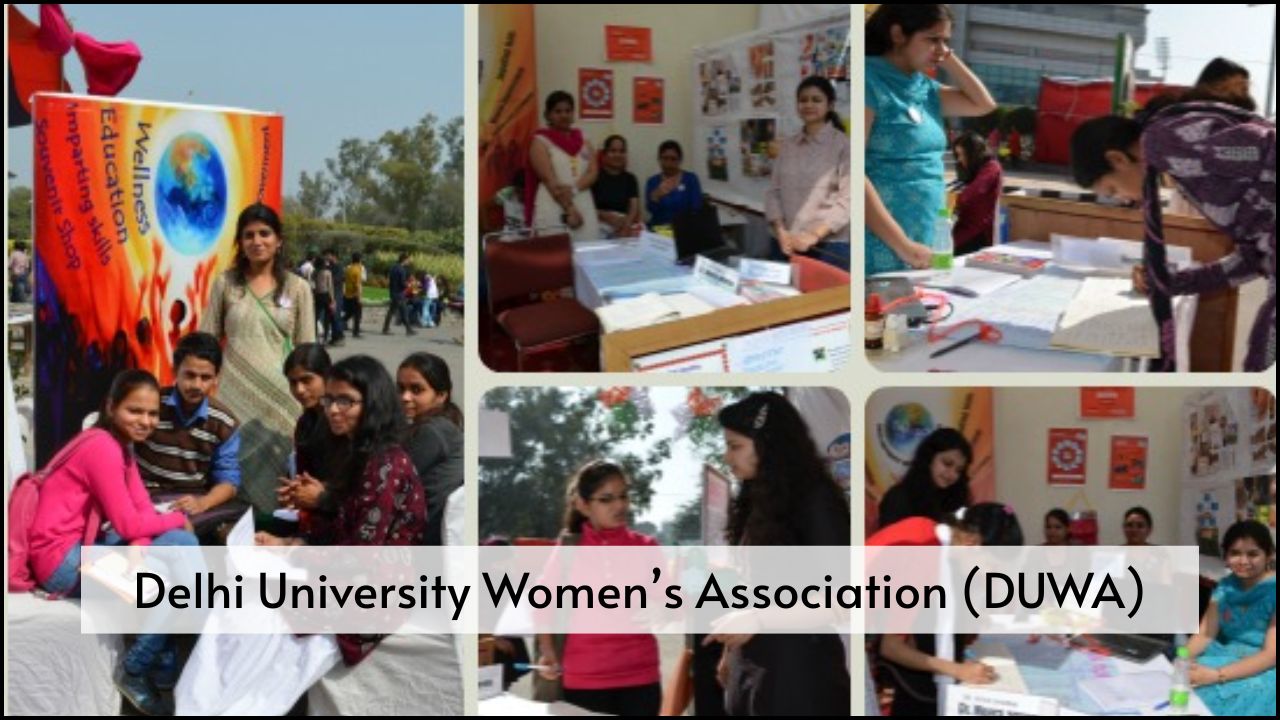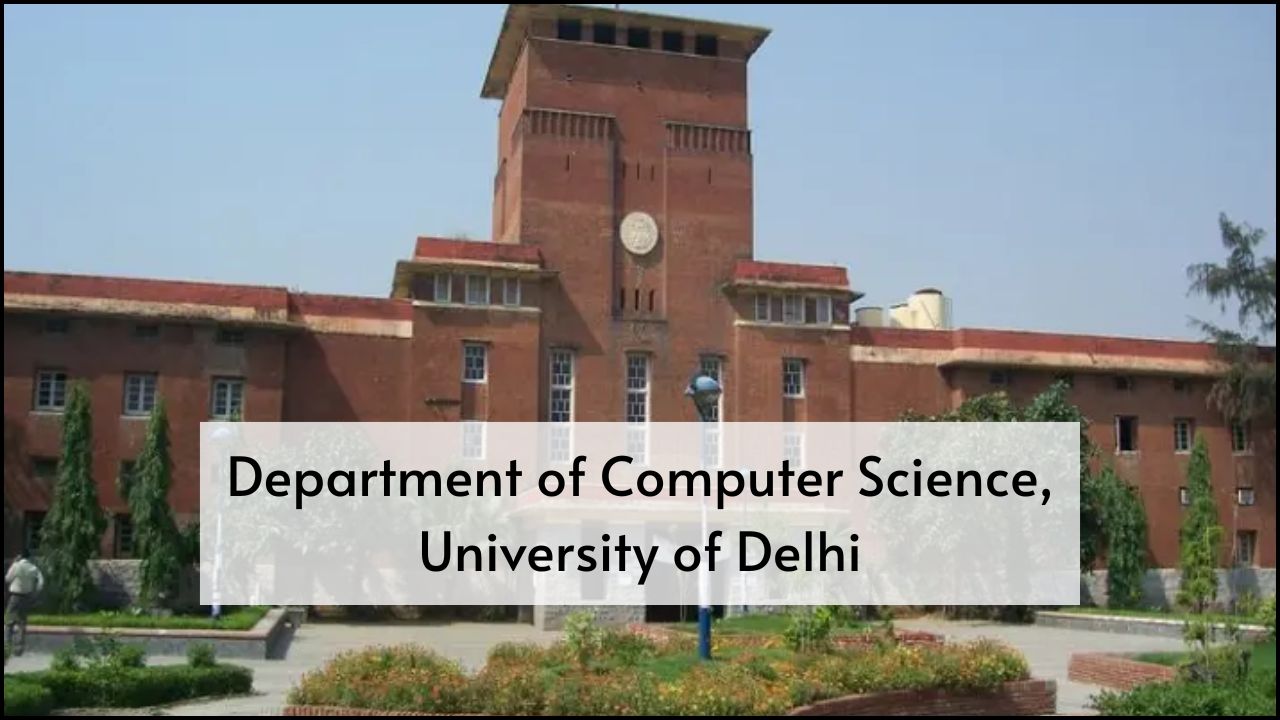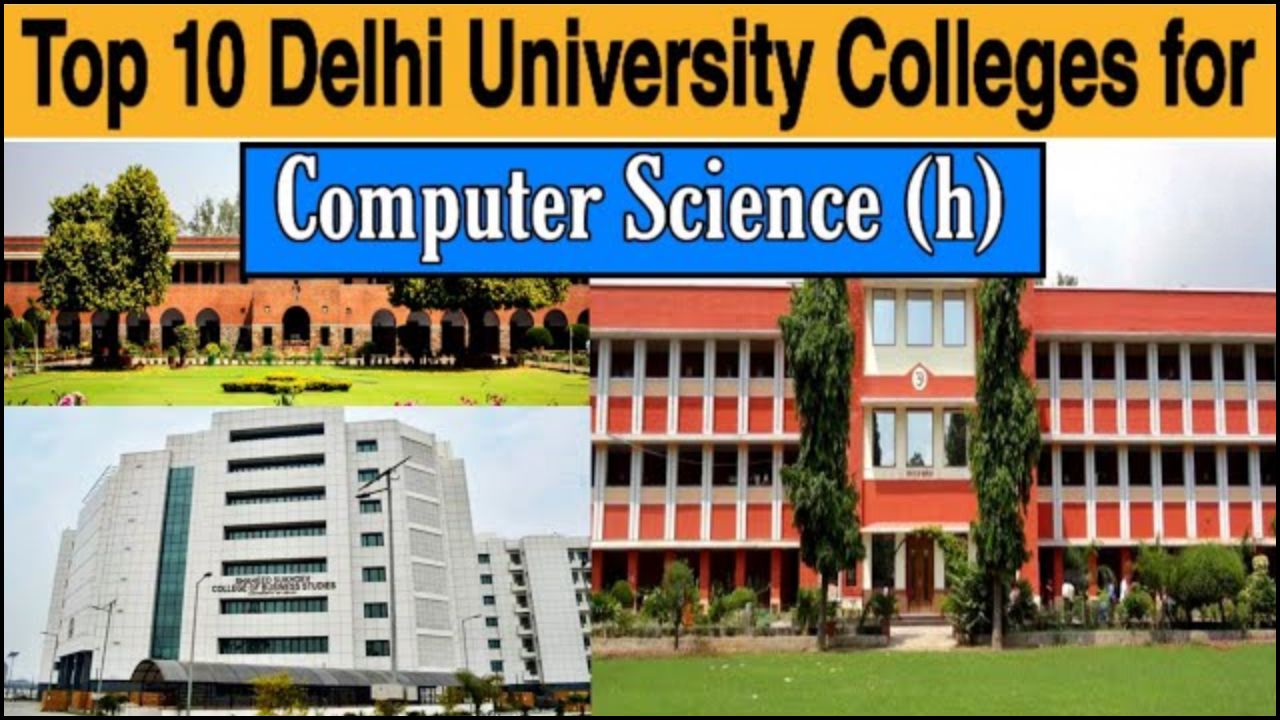
The Centre for Professional Development in Higher Education (CPDHE) at the University of Delhi stands as an essential institution for enhancing the quality of higher education in India. Established with the vision of training educators and academicians to adapt to dynamic educational needs, CPDHE plays a crucial role in building academic capacity and promoting professional growth among faculty members.
In a time when higher education is undergoing a significant transformation, CPDHE offers comprehensive training, workshops, and refresher programs to empower educators. Its focus on continuous learning, upskilling, and integrating modern teaching methodologies has made it one of the most respected training centers in India’s academic landscape.
Table of Contents
Overview of CPDHE, University of Delhi
| Attribute | Details |
|---|---|
| Full Name | Centre for Professional Development in Higher Education |
| Established | 1986 |
| Location | University of Delhi, Delhi-110007, India |
| Affiliated With | University Grants Commission (UGC), Ministry of Education |
| Director | Appointed from the senior faculty of the University of Delhi |
| Primary Objective | Faculty development through training, workshops, and orientation |
| Official Website | https://cpdhe.du.ac.in |
Mission and Vision
The core mission of CPDHE is to contribute to the quality enhancement of higher education by equipping teachers with the skills, knowledge, and attitudes needed for effective teaching and academic leadership.
Vision Statement:
“To be a nationally recognized leader in professional development, academic excellence, and innovation in teaching-learning methodologies.”
Mission Objectives:
- To provide structured training for teachers in higher education.
- To promote research orientation among educators.
- To align faculty training with the National Education Policy (NEP) 2020.
- To foster interdisciplinary learning and technology integration in pedagogy.
Key Functions and Responsibilities
CPDHE performs several vital functions to support the professional development of faculty members from universities and colleges across India.
| Key Function | Description |
|---|---|
| Orientation Programs | Induction programs for newly appointed faculty to understand higher education culture |
| Refresher Courses | Advanced learning modules for experienced educators to update their skills |
| Faculty Induction Program (FIP) | A UGC-mandated program under Pandit Madan Mohan Malaviya National Mission on Teachers and Teaching for new faculty development |
| Short-Term Courses | Thematic and focused workshops for skill enhancement in a short time frame |
| Online Capacity Building | E-learning-based courses and webinars on contemporary topics |
| Research Methodology Workshops | Training in academic research tools and methodologies |
UGC-HRDC Affiliation and PMMMNMTT Scheme
The Centre operates as a University Grants Commission (UGC)–Human Resource Development Centre (HRDC). It also functions under the Pandit Madan Mohan Malaviya National Mission on Teachers and Teaching (PMMMNMTT), launched by the Ministry of Education, Government of India.
Benefits of UGC-HRDC Affiliation:
- Standardized content and delivery across programs
- Funding and curriculum support from the UGC
- National recognition of certifications issued
PMMMNMTT Scheme Highlights:
- Faculty Induction Programs (FIPs) are recognized by UGC as mandatory for new recruits.
- Promotes the creation of Teaching Learning Centres (TLCs) and National Resource Centres (NRCs).
Types of Programs Conducted by CPDHE
| Program Type | Duration | Target Audience | Purpose |
|---|---|---|---|
| Orientation Program | 4 weeks | Newly appointed Assistant Professors | Acquaintance with higher education ecosystem |
| Refresher Course | 2 weeks | Lecturers, Associate Professors | Updating subject knowledge |
| Faculty Induction Program | 1 month+ | Entry-level faculty | Pedagogy, ethics, ICT integration |
| Short-Term Course | 5–7 days | All teaching staff | Skill-specific training |
| Online Courses/Webinars | Flexible | All academicians and researchers | Remote, interactive capacity building |
Key Areas of Focus
CPDHE programs span a wide range of contemporary and foundational academic areas, including:
- Pedagogical Training: Effective teaching strategies, learner engagement, and outcome-based education.
- ICT and Digital Learning: Integration of technology into teaching through LMS platforms, MOOCs, and online tools.
- Research Orientation: Statistical tools, qualitative and quantitative research methods, proposal writing.
- Academic Writing and Publishing: Structuring academic papers, avoiding plagiarism, and journal submission guidance.
- National Education Policy (NEP) 2020 Implementation: Understanding and applying NEP directives at the institutional level.
Impact on Indian Higher Education
Over the past few decades, CPDHE has trained thousands of educators, contributing significantly to the national agenda of enhancing academic quality. Its alumni include faculty members from universities, government colleges, and private institutions across India.
CPDHE Impact Statistics (Approximate)
| Impact Area | Numbers (As of 2025) |
|---|---|
| Orientation Programs Held | 150+ |
| Refresher Courses Conducted | 200+ |
| Total Faculty Trained | Over 30,000 from across India |
| States Covered | All Indian states and union territories |
| Online Courses/Workshops | 100+ webinars and short-term courses |
Integration with NEP 2020
The implementation of the National Education Policy (NEP) 2020 places a strong emphasis on teacher training and lifelong learning. CPDHE has aligned its curriculum and training programs to match the goals of NEP, such as:
- Multidisciplinary approach
- Holistic student development
- Online and blended learning strategies
- Emphasis on ethics, values, and inclusivity in education
Future Initiatives and Digital Expansion
As education shifts to hybrid and online modes, CPDHE is preparing for a broader digital footprint. Key initiatives include:
- Development of MOOC-based modules through SWAYAM.
- Introduction of AI and Data Analytics in Education workshops.
- National collaborations with IITs, IIMs, and international universities.
- Launch of mobile learning platforms for on-the-go learning for faculty.
How to Apply for CPDHE Programs?
Faculty members can apply for CPDHE programs via the official website or through UGC-HRDC portals. Most courses are free or highly subsidized, especially for faculty from government or UGC-approved institutions.
| Application Requirement | Details |
|---|---|
| Eligibility | Must be a faculty member at a UGC-recognized institution |
| Application Method | Appointment letter, ID proof, and NOC from institution |
| Documents Needed | Appointment letter, ID proof, and NOC from the institution |
| Certification | Issued by CPDHE and recognized by UGC |
Key Questions
Q1: Is CPDHE only for Delhi University faculty?
A1: No, CPDHE is open to faculty from all UGC-recognized institutions across India.
Q2: Are CPDHE programs recognized by UGC?
A2: Yes, CPDHE operates as a UGC-HRDC, and its certifications are nationally recognized.
Q3: Can I attend CPDHE programs online?
A3: Yes, many short-term courses and workshops are available in online mode.
Q4: Is there a fee for attending CPDHE training programs?
A4: Most programs are subsidized or free for government institutions.
Looking Ahead
The Centre for Professional Development in Higher Education (CPDHE) at the University of Delhi is a beacon for teacher development in India’s higher education landscape. With its focus on capacity building, digital integration, and policy alignment, CPDHE ensures that educators remain prepared for the challenges of a changing academic environment.
By equipping faculty with the tools of modern pedagogy, research excellence, and academic ethics, CPDHE continues to shape a robust and forward-looking higher education ecosystem in India.





